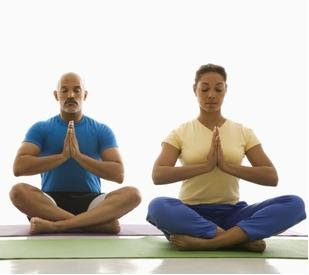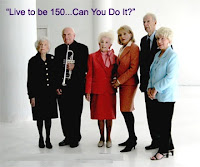 Not too late to exercise, Boomers. Recent studies show that starting a physical fitness program after 50 is as beneficial for men as quitting smoking.
Not too late to exercise, Boomers. Recent studies show that starting a physical fitness program after 50 is as beneficial for men as quitting smoking.
That’s right, ten years of exercise for fifty-year-olds led men to have the same life-expectancy as men who have been exercising their entire lives. So says a Swedish study published in the latest British Medical Journal (BMJ). The researchers followed around 2,200 fifty-year-old men from 1970-2002, and found that regular exercise was as beneficial to overall health as kicking the cancer sticks.
The important factor here is regularity. Two to five times per week for 20-60 minutes every week is regular. Truth be told, duration and intensity is less important than frequency. What this means is that it isn’t so important how long you work out, or how hard, although both, if left unchecked, can lead to burnout. But frequency–how often you work out–and consistency reign supreme when discussing health benefits.
So 50-years old, man or woman, start working out today. And make it regular. It’s the greatest thing you can do to extend your life, and improve it’s quality NOW. Just do it.














